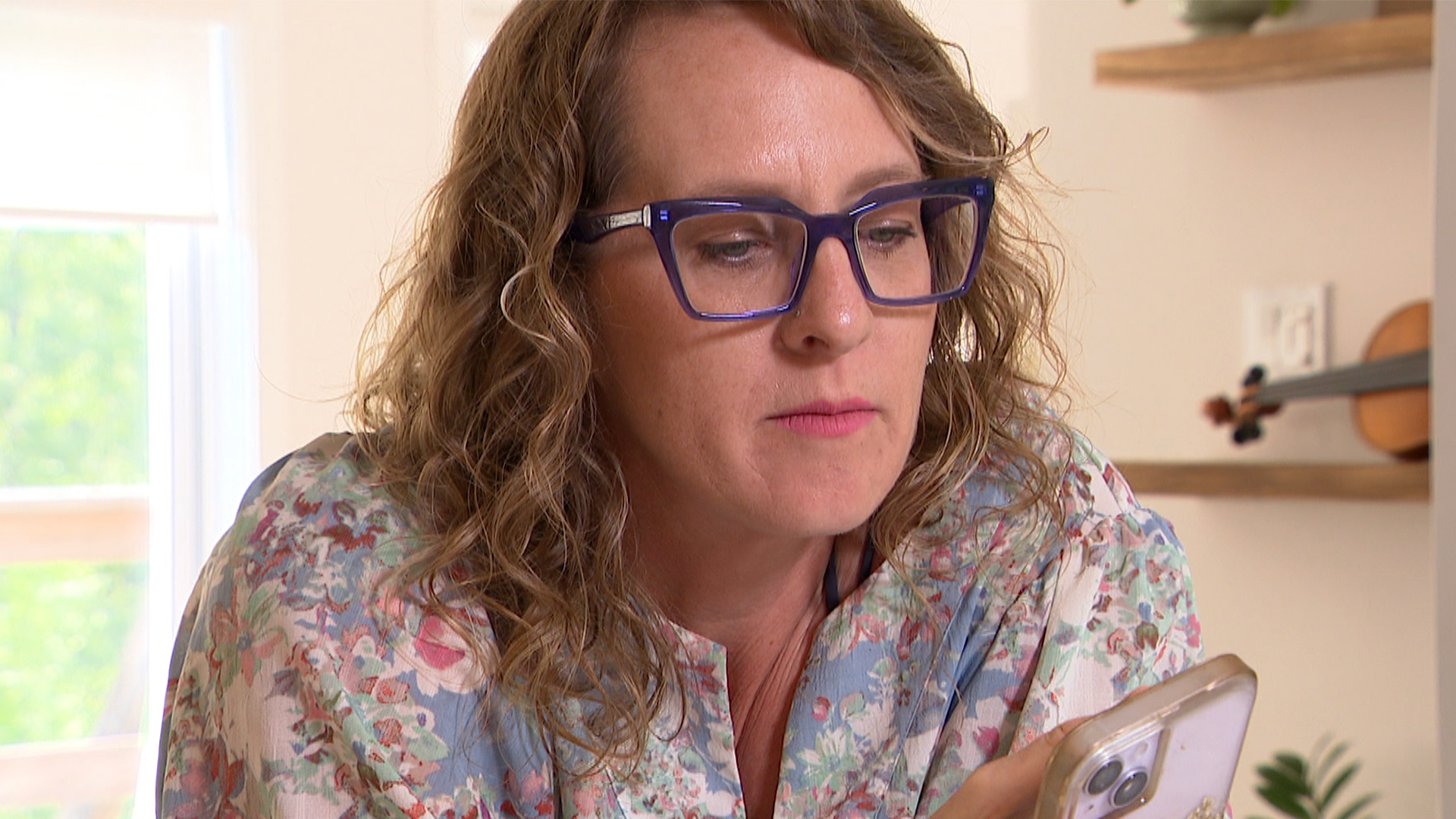People look for more than matches on dating apps: study

A recent study found that using dating apps isn’t just about swiping for potential dates. Instead, users have different psychological motivations, which significantly influence their level of satisfaction with the app and the outcomes of their dates.
According to the study conducted by researchers at Stanford Medicinemany users don’t use dating apps primarily to find dates.
Of the 1,387 Tinder users surveyed, about half said they had no interest in meeting their matches offline, and two-thirds were already married or in a relationship.
Self-reported data from dating app users shows that many people use the app for social connection, entertainment, and distraction to increase positive emotions and deal with negative ones.
Researchers analyzed factors such as motivation for using dating apps, specifically psychological measures such as impulsivity, depression, loneliness and self-esteem, the number of dates users went on, their relationship status and their selectivity in choosing partners.
“The surprising thing is that a large percentage, about half, didn’t go online to find dates,” said Elias Aboujaoude, one of the study’s authors. “It becomes an interesting question why someone would spend all that time on a dating app if they’re not interested in finding a date.”
The researchers used a machine learning model to assess the factors influencing users’ satisfaction with the dating app. They found that certain variables had a strong positive impact on satisfaction, including using the app for seeking romantic partners or social connections. And certain variables had a negative influence, resulting in reduced satisfaction.
“The results suggest that online dating is an ineffective coping mechanism for people with mental health problems,” Aboujaoude added.
The study concluded that age was the most important variable in predicting higher satisfaction with offline dates. According to the study, older individuals, who may not have grown up with dating apps, approach them more cautiously and are more selective in choosing their matches.
Coverage for this story was paid for through the Meta-funded The Afghan Journalists in Residence Project.

;Resize=620)


;Resize=620)